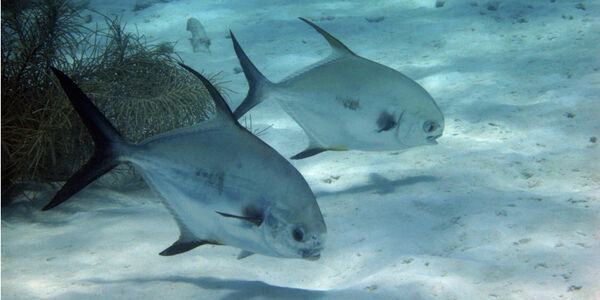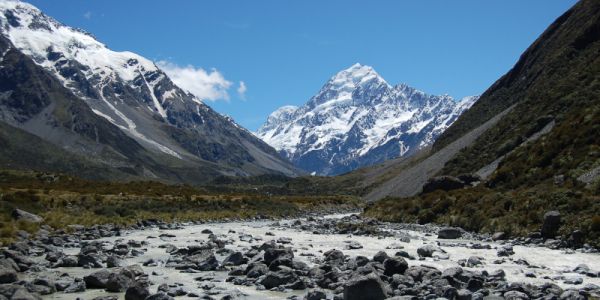
Energy unleashed by submarine volcanoes could power a continent
Volcanic eruptions deep in our oceans are capable of extremely powerful releases of energy, at a rate high enough to power the whole of the United States, according to research published today.








